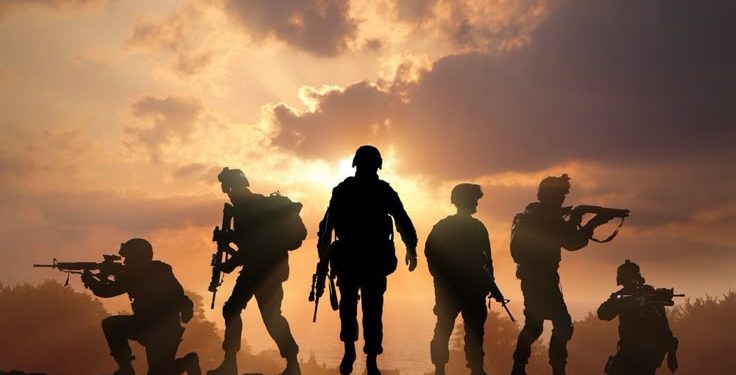On May 7, 2025, India launched “Operation Sindoor,” a series of coordinated missile strikes targeting nine locations in Pakistan and Pakistan administered Kashmir. The action was in retaliation for a deadly terrorist attack on April 22 in Pahalgam, Indian-administered Kashmir, which killed 26 Indian tourists. India attributed the attack to Pakistan based militant groups Lashkar-e-Taiba and Jaish-e-Mohammed.
The Indian military described the strikes as “focused, measured, and non escalatory,” stressing that no Pakistani military facilities were targeted. However, Pakistan reported substantial civilian casualties, including the bombing of a mosque in Muzaffarabad and an educational complex in Muridke. At least 26 people were killed and 46 injured, according to Pakistani officials.
In a forceful response, Pakistan condemned the strikes as an “act of war” and claimed to have shot down five Indian jets an assertion India denies. Prime Minister Shehbaz Sharif vowed to retaliate, declaring, “Pakistan has every right to give a robust response to this act of war imposed by India, and a strong response is indeed being given.” Subsequent artillery shelling along the Line of Control reportedly killed at least 10 civilians on the Indian side.
Market Reactions:
The conflict immediately impacted financial markets. Pakistan’s KSE-100 index fell sharply, losing approximately 6% amid investor fears of further escalation. The Pakistani rupee also dipped against the U.S. dollar. In contrast, Indian markets showed resilience. The BSE Sensex gained 1.5%, and the Nifty 50 remained largely stable. Analysts attributed this to investor confidence in India’s measured yet strong military posture, which many believed was unlikely to provoke a full scale war.
Global Response:
The international community reacted with concern. The United Nations, the United States, the United Kingdom, China, and Russia called on both nations to exercise restraint and engage in dialogue. With both India and Pakistan possessing nuclear capabilities, global leaders emphasized the urgency of de escalation to prevent a wider regional conflict.





















































